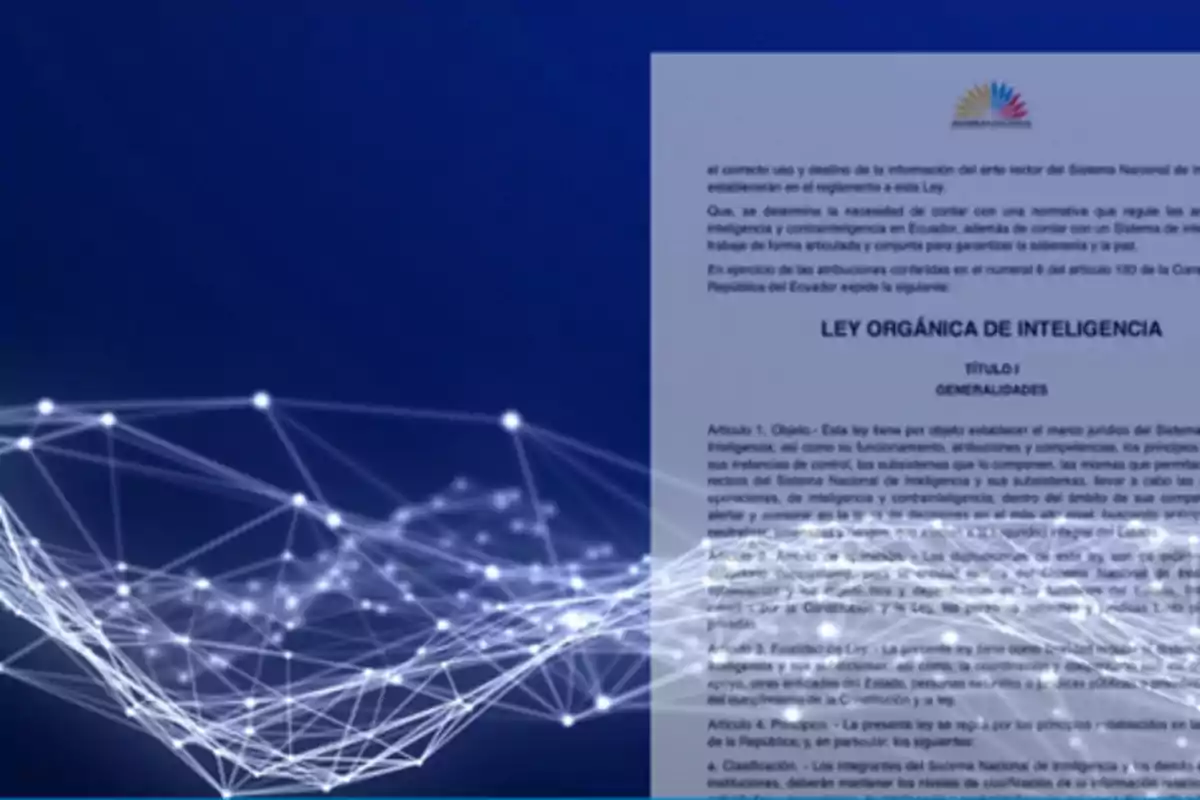
The new Intelligence Law opened the door to uncontrolled espionage
The regulation eliminates judicial authorizations and expands the powers of CIES and the Police
The National Assembly approved an Intelligence Law that allows authorities to intercept communications without a court order. This reform grants police and military immediate access to citizens' personal and technological data.
Article 52 authorizes the director of CIES to order the opening of documents and communications for reasons of "comprehensive state security." This removes the previous obligation to justify such actions before the National Court of Justice.
The law also requires telephone operators to provide real-time and retrospective data for up to five years. There are no technical limits or clear guarantees regarding the use of this information, and requests may include cell phone location, call records, and browsing data.
Additionally, it is established that all documents related to special expenses will be incinerated by the Comptroller. Not even future directors of CIES will be able to audit those funds, which leaves the use of public resources for covert operations in the shadows.
Experts such as criminal lawyer Felipe Rodríguez point out that the greatest risk doesn't lie in the legal text, but in its application. The precedent of abuses during Correa's administration, with figures such as Pablo Romero and Rommy Vallejo, reinforces these concerns.

Even the constitutional guarantees invoked in the text could remain on paper, given that the law concentrates control in a few hands and restricts oversight from other entities. The Security Commission of the Assembly will be the only body with the authority to request reports.
Civil organizations have warned that this law violates the principle of proportionality and puts the right to privacy at risk. Although the collection of data for political or religious orientation is prohibited, there are no effective mechanisms for external oversight.
Amid the fight against organized crime, the expansion of intelligence powers may lead to a surveillance model without democratic checks and balances. The balance between security and essential rights appears to have shifted dangerously.
The new Intelligence Law represents a structural change in the management of information in Ecuador. Without adequate controls or institutional transparency, there is a risk of repeating past abuses under a new legal legitimacy.
More posts: